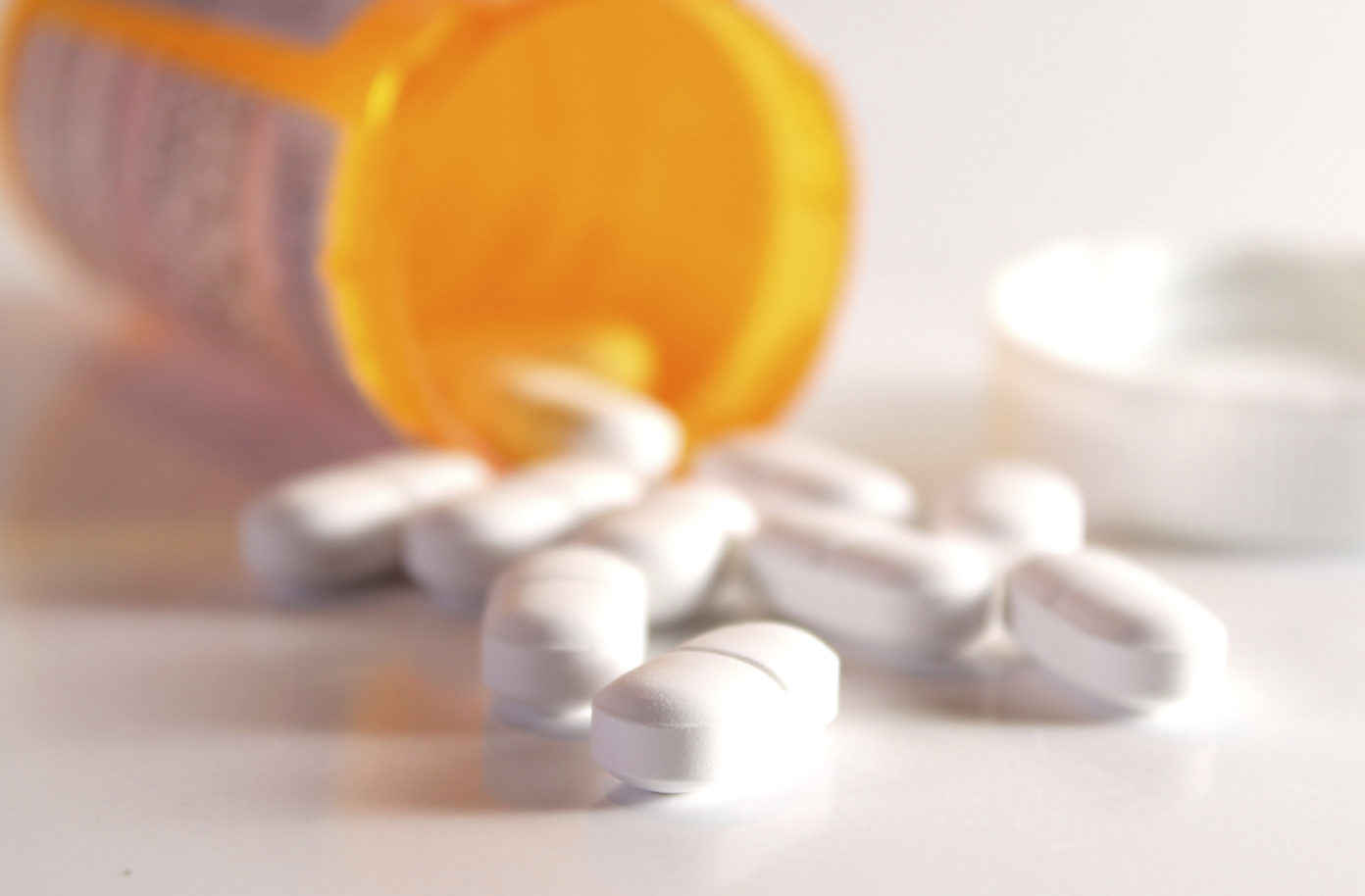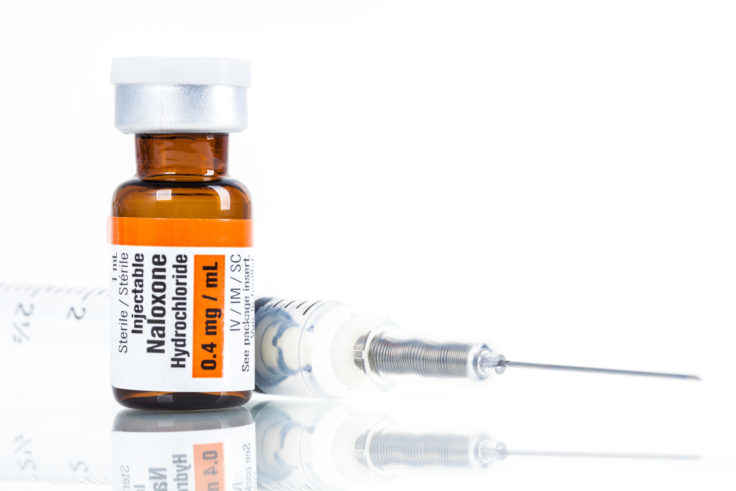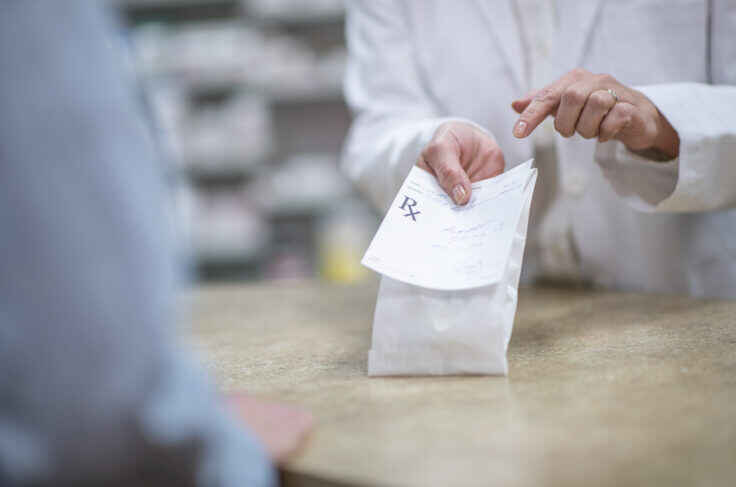Drug Overdose Prevention in Pennsylvania
January 21, 2015
Overview
This fact sheet provides information on Pennsylvania’s Act 139, which provides limited immunity to overdose victims and bystanders that seek medical help, and increases accesss to naloxone, a drug that can reverse the effects of an opioid overdose.

Drug overdose is a nationwide epidemic that claims the lives of over 36,000 Americans every year. Pennsylvania is not immune from its devastating effects. Overdose rates in the state have increased by 89 percent since 1999, and in 2011 it had the country’s 14th highest overdose mortality rate. That rate continues to climb, increasing by a startling 23 percent between 2010 and 2012. This rise is mostly driven by prescription opioids such as OxyContin and hydrocodone, which account for more overdose deaths than heroin and cocaine combined.
In 2014, Pennsylvania Senate Bill 1164 was passed unanimously in the summer and was signed by the Governor on September 30, when it became known as Act 139. As explained in more detail, Act 139 provides limited immunity from charge and prosecution for possession of drugs and drug paraphernalia for individuals who experience a drug overdose and are in need of medical care, and for those who seek medical care in good faith for a person experiencing an overdose so long as certain conditions are met. The law also expands access to naloxone in several ways.



